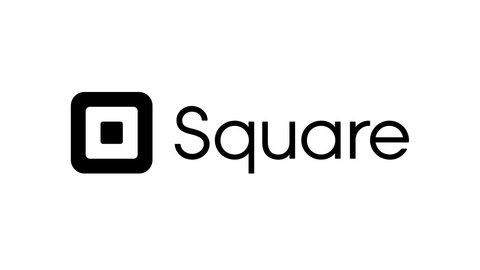
Similar Posts

Ex-Revolut Team Partners with Mastercard to Revolutionize Stablecoin Adoption
Bleap, a new financial platform founded by former Revolut executives Joao Alves and Guilherme Gomes, launched in beta in December, offering users easy access to DeFi yields, multi-currency accounts, and trading features with zero fees for stablecoin transactions. The platform has processed over $5 million in transactions and includes a cashback debit card with 2% rewards. Partnering with Mastercard, Bleap enables seamless spending of stablecoins at over 150 million merchants globally. The initial focus is on Europe, with plans to expand to Latin America. Bleap aims to reshape digital finance by integrating blockchain assets with traditional financial systems.

Toulouse Embraces the Future: Pay Your Commute with Cryptocurrency!
Tisséo, the public transportation operator in Toulouse, France, has launched a system enabling passengers to buy tickets for Metro, bus, tram, and cable car using cryptocurrencies via an app on Android devices. A third-party provider facilitates the conversion of digital currencies into euros for seamless transactions. While the innovation excites many, some commuters, like 60-year-old Patrice, remain skeptical about cryptocurrency’s suitability for small payments. This initiative not only enhances convenience and speed but also aligns public transit with modern technology. Its success could influence broader acceptance of cryptocurrencies in various sectors.

Blockchain Advocates Take Legal Action Against IRS Over Controversial DeFi Regulations
The recent lawsuit filed by the Blockchain Association, DeFi Education Fund, and the Texas Blockchain Council in a US District Court in Texas has stirred significant interest in the ongoing debate surrounding cryptocurrency regulations. The primary focus of this legal action is the new IRS rules set to take effect in 2027, which the plaintiffs…

Kraken and Mastercard Partner to Launch Innovative Crypto Debit Cards
Kraken has partnered with Mastercard to launch physical and digital debit cards, enabling users to spend cryptocurrencies and stablecoins at millions of Mastercard-accepting locations worldwide. Co-CEO David Ripley highlighted the partnership’s aim to simplify real-world transactions for crypto holders. Benefits include seamless transactions, diverse payment options, and global reach. Mastercard’s EVP Scott Abrahams emphasized their shared goal of enhancing the digital asset ecosystem. This collaboration builds on Kraken’s recent launch of Kraken Pay, facilitating instant payments in over 300 cryptocurrencies. Overall, this partnership marks a significant step towards mainstream cryptocurrency adoption and a more integrated financial experience.

Unlocking the Future: How Blockchain Gaming is Revolutionizing the NFT Era
The blockchain gaming ecosystem is transforming, moving past the initial hype of NFTs. While many early NFT games have declined in popularity and value, criticisms regarding gameplay and tokenomics are prompting a shift. Innovations like Publisher-as-a-Service (PaaS) platforms are simplifying game development for Web2 creators. Developers are now focusing on immersive gaming experiences, as seen in new titles like “The World of Dypians.” Additionally, traditional game publishers are increasingly investing in blockchain technology. Despite the NFT bubble bursting, the foundation laid suggests a promising future for gaming, where players can truly own in-game assets and engage meaningfully in development.

Unlocking DeFi Potential: How Ethereum 2.0 Revolutionizes Decentralized Finance
As Ethereum evolves into Ethereum 2.0 with a shift to a proof-of-stake (PoS) consensus, discussions about decentralization intensify. While this transition promises improved scalability, concerns about over-centralization arise, particularly regarding validator power concentration. The SEC’s recent decision to drop charges against Ethereum enhances dialogue about its decentralization amidst regulatory scrutiny. Advocates argue that Ethereum’s decentralized nature differentiates it from securities. To combat centralization risks, strategies like Rainbow Staking and liquid staking protocols are proposed. Despite challenges, Ethereum’s commitment to decentralization and regulatory adaptation positions it as a transformative force in the decentralized finance (DeFi) landscape.
